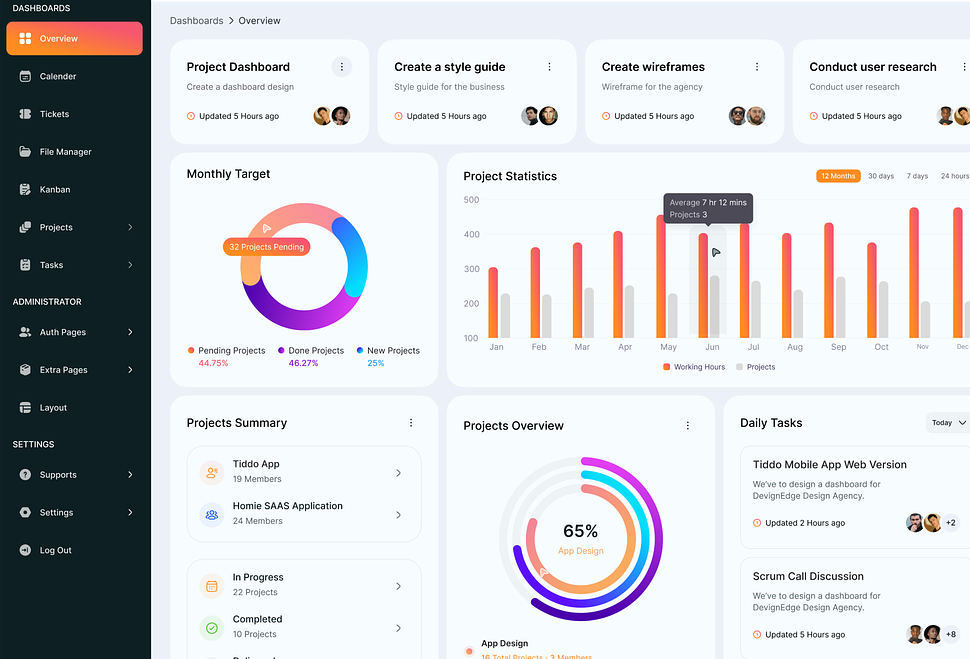Utilities
In an ERP (Enterprise Resource Planning) system, Utilities refer to companies that provide essential services such as electricity, water, gas, and telecommunications. ERP solutions for utilities focus on managing asset maintenance, billing, regulatory compliance, customer service, and supply chain operations. These systems enable utilities to optimize resource usage, schedule maintenance, monitor infrastructure, and handle customer inquiries efficiently. By integrating data from various departments, ERP hetextes utilities improve operational efficiency, reduce costs, and ensure consistent service delivery, all while maintaining transparency and meeting regulatory standards.







